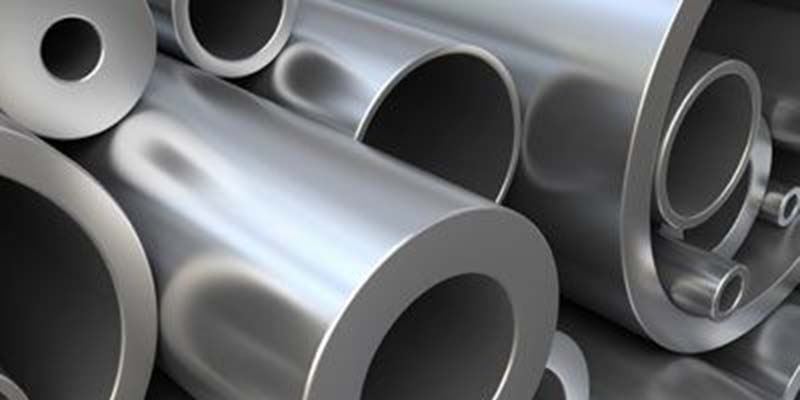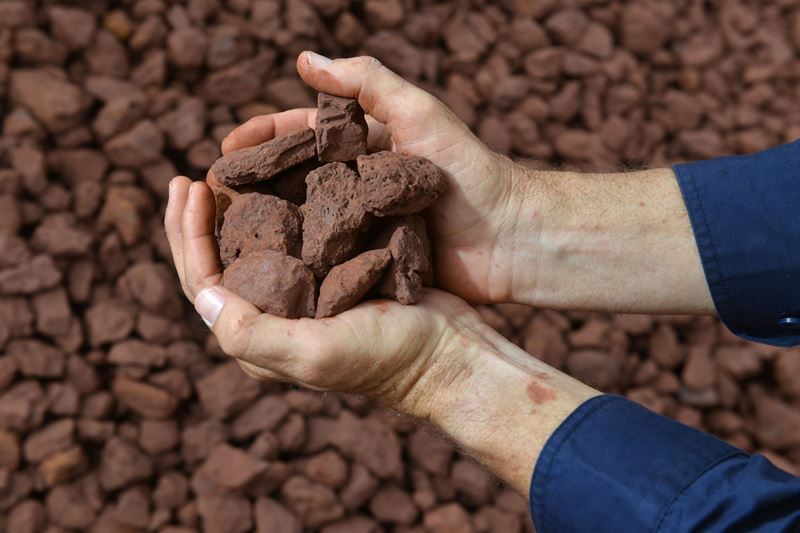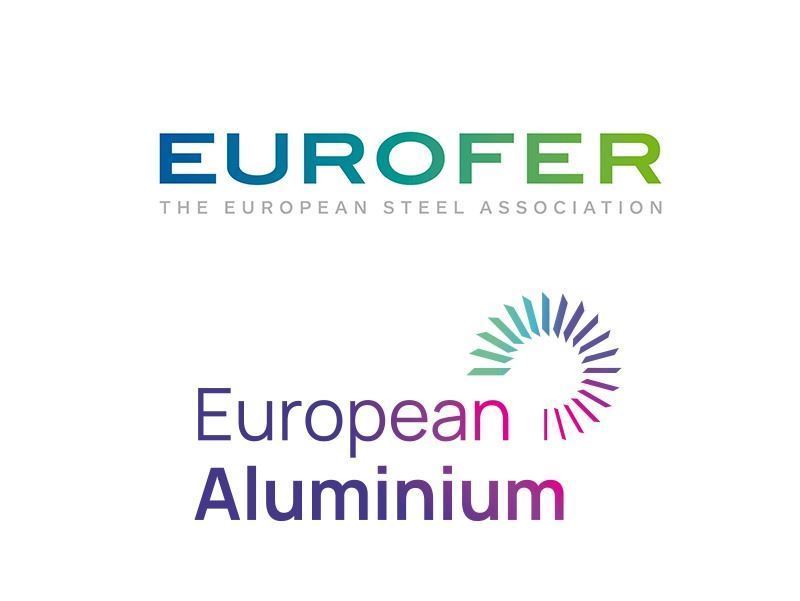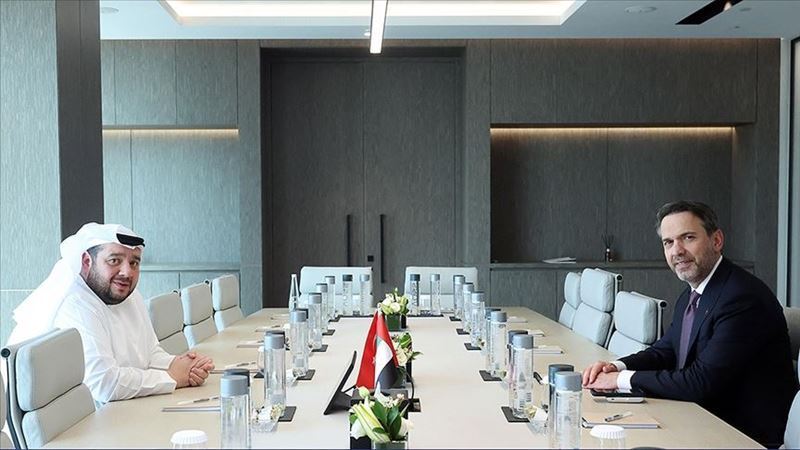The industry currently employs 3,000 people in Kahramanmaraş. Manufacturers are already facing a number of challenges, including rising input costs, a shrinking domestic market, and fierce competition from China.
They argue that a new anti-dumping tax on top of existing tariffs would make it impossible for them to compete. The Turkish government has already increased import tariffs on stainless steel from 8% to 12% at the beginning of the year, and Posco Assan TST has now requested an anti-dumping investigation. They are concerned that the investigation will result in additional tariffs that will make it impossible for them to stay afloat.
According to Dünya.com, Kahramanmaraş, which accounts for 70% of Türkiye's stainless steel kitchenware production, has over 50 manufacturers that rely on stainless steel as their primary raw material. These manufacturers employ over 3,000 people.
They warned that if the investigation results in new additional taxes, production will cease not only in the region but also in all of Türkiye. We will become completely reliant on imports, not just for raw materials but for finished products. 70% of the workers will be left unemployed," they said.
According to manufacturers, this would be a second disaster for Kahramanmaraş, which was the epicenter of the February 6 earthquakes. The market is already shrinking, and there is intense competition from China. Egypt, the main market, is becoming a production hub. Manufacturers believe that the end of production will also negatively impact Posco Assan, as there will be no companies left to purchase their products.
Murat GÖRGEL: A Growing crisis: sustainability under threat
Murat Görgel, Chairman of the Board of Directors of Görgel Metal, based in Kahramanmaraş, which produces 15,000 pieces daily, including pots and teapots, and employs 200 people, pointed out that they will struggle to compete due to the raw materials problem. Görgel, who stated that they work 30% for exports and 70% for the domestic market, said, “If new taxes come as a result of the anti-dumping investigation, the domestic market will be finished.
Türkiye needs such a facility, but this shouldn't be the solution. We are willing to buy stainless steel from Posco Assan TST for 110 Turkish liras instead of 100 Turkish liras from China, because we want a Turkish company to benefit. But if prices go beyond this, we won't be able to survive. The brands we sell our products to will start importing from cheaper sources. One company's request could cause hundreds of companies to go bankrupt."
"Shelf prices will increase by 30%."
Görgel, pointing out that the companies in the region are already going through a difficult period due to the earthquake, continued: “Our costs have increased, and our capacity utilization rates have fallen because we can’t find workers. The domestic market has shrunk by 25% since the beginning of the year. The competitive environment is getting tougher worldwide. For example, Egypt, our export market, has started production. Their labor costs are $200, while ours are $1,000. If we also have to pay additional taxes on stainless steel, which is our main raw material, how will we compete?
Posco Assan tells us that we can buy products and export them within the scope of Inward processing regime (DİR). That's not so easy. Even if this is resolved, what about the domestic market? If the customs duty increases to 25%, the production cost of our products will increase by at least 10%. This will be reflected on the label prices as a 25-30% increase. In an environment where inflation is being tried to be reduced, and in a period when the purchasing power of citizens is declining, what will happen if these products also increase in price? How will newlyweds and those who want to renew their products afford them?”
Cenk Toktay: This will be a devastating blow to the industry
Cenk Toktay, a partner at Nef Madeni Eşya, a local kitchenware producer that employs 50 people and uses 70% stainless steel, pointed out that the possible additional tax would mean a 25% price increase on the product.
Toktay said, “Our production facility was destroyed during the earthquake. Our new production building has recently been commissioned. We are producing coffee pots, teapots, and spice racks. While we are trying to recover from such a difficult period, we are dealing with additional taxes on stainless steel and anti-dumping investigations. If the anti-dumping tax is imposed, the industry cannot withstand it, it will be a second disaster.” Noting that the raw price of stainless steel is around $2,600 in Türkiye, Toktay said, “The same product is $1,700 in China.
Despite this, while we are trying to compete in exports, if the discussed additional taxes are implemented, the price of stainless steel will reach $3,200 per ton. We will lose our export markets and our products will become more expensive in the domestic market. If this happens, we will not be able to produce. The anti-dumping investigation should not be left to the request of one company. We are producers, we don't buy and sell, a distinction should be made between service centers and producers.”
“The Egyptian market has shrunk by 80%.”
A local industrialist, noting that the Kahramanmaraş region previously supplied 90% of its steel kitchenware production to the Egyptian market, pointed out that current exports have dropped from 100 units to 15 units. The industrialist, noting that most machines in the region have been sold to Egypt due to labor shortages and rising costs, said: “Those who stopped production here sold their machines to Egypt. The countries that were our markets have become producers, the Egyptian market is 80% gone for the sector. Now they are producing because their production costs are lower. We are losing our chance to compete.”











Comments
No comment yet.